Indigenous Governance Database
IGD Database Search

National Indian Education Study 2015
The National Indian Education Study (NIES) is administered as part of the National Assessment of Educational Progress (NAEP) to allow more in-depth reporting on the achievement and experiences of American Indian/Alaska Native (AI/AN) students in grades 4 and 8. This report focuses primarily on two…
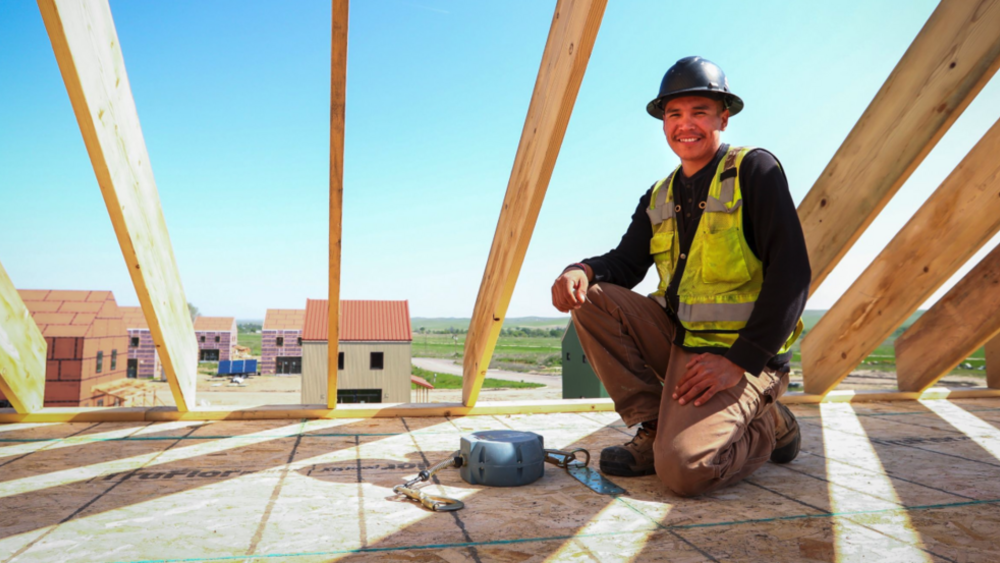
This Community Is Striving To Rebuild One Of The Poorest Places In America
PINE RIDGE, South Dakota — Alan Jealous, a 27-year-old construction worker, dreamt of building and owning a home. Homeownership is the cornerstone of the American Dream. But for this citizen of the Oglala Lakota Nation living on the Pine Ridge reservation, a community that regularly tops the list…
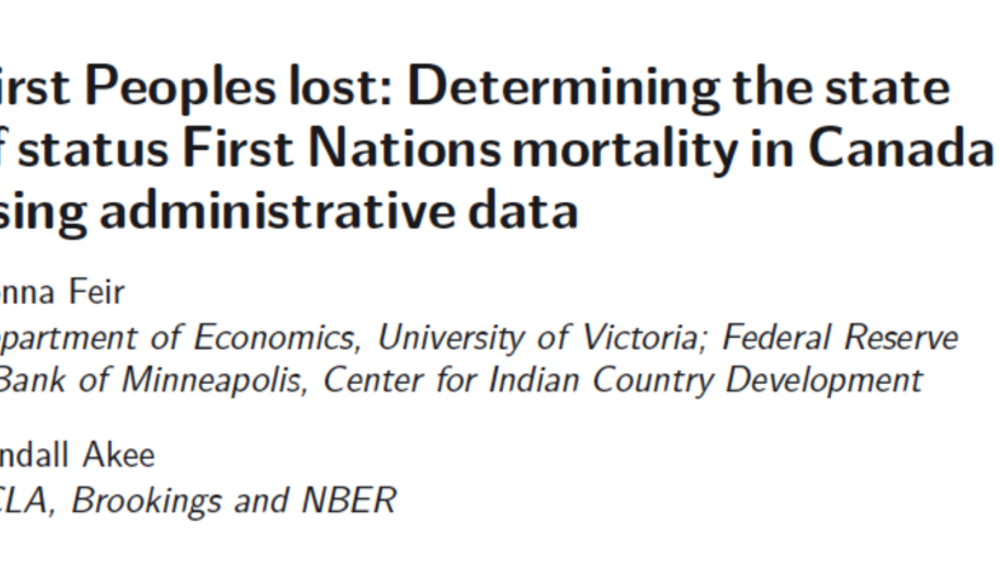
First Peoples Lost: Determining the State of Status First Nations Mortality in Canada Using Administrative Data
We present the most comprehensive set of estimates to date for status First Nations mortality in Canada. We use administrative data from Indigenous and Northern Affairs Canada to establish a set of stylized facts regarding status First Nations mortality rates. Between 2010 to 2013, the mortality…
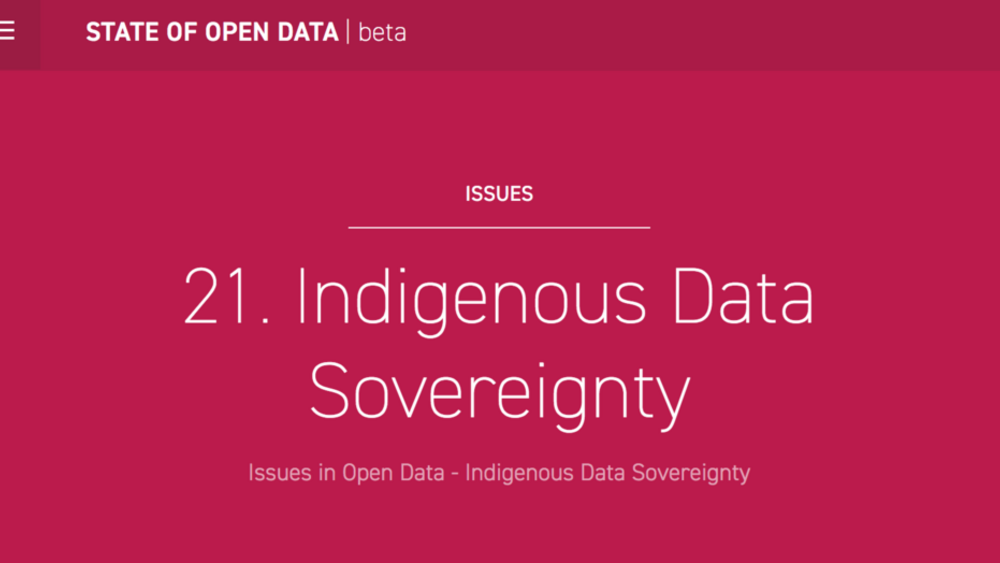
Issues in Open Data: Indigenous Data Sovereignty
Open data in the context of Indigenous peoples is a double-edged sword. Open data is a site of tension for Indigenous peoples. Open data provides opportunities for sustainable development according to Indigenous aspirations, yet also sits at the nexus of current and historic data challenges as a…
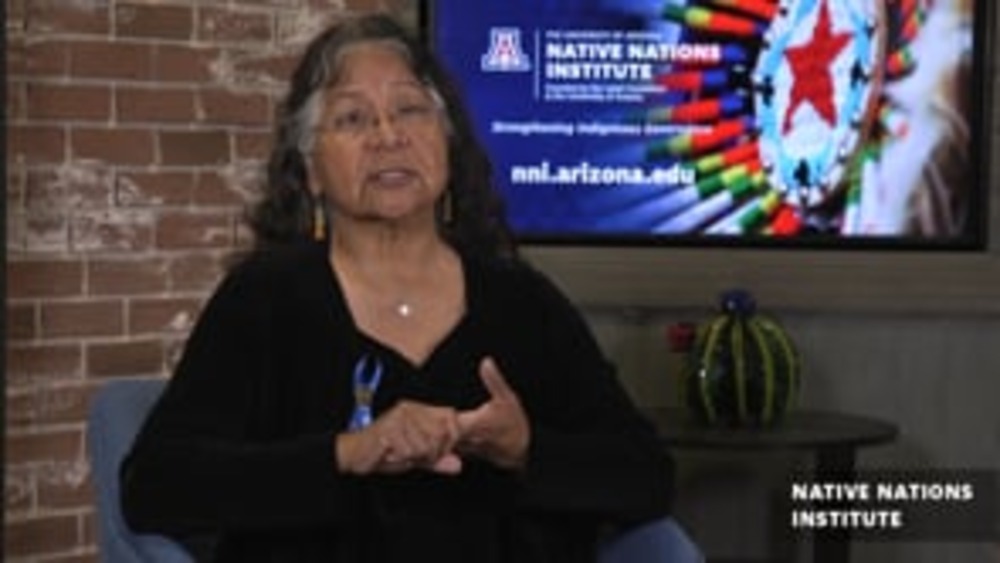
Diane Enos: Endurance through Native Leadership
Diane Enos is an Attorney, Councilwoman & Former President of Salt River Pima-Maricopa Indian Community. She has also served as Vice President of the Inter-Tribal Council of Arizona, Chairwoman of the Arizona Indian Gaming Association, and as a Western Area Delegate to the Tribal Justice…
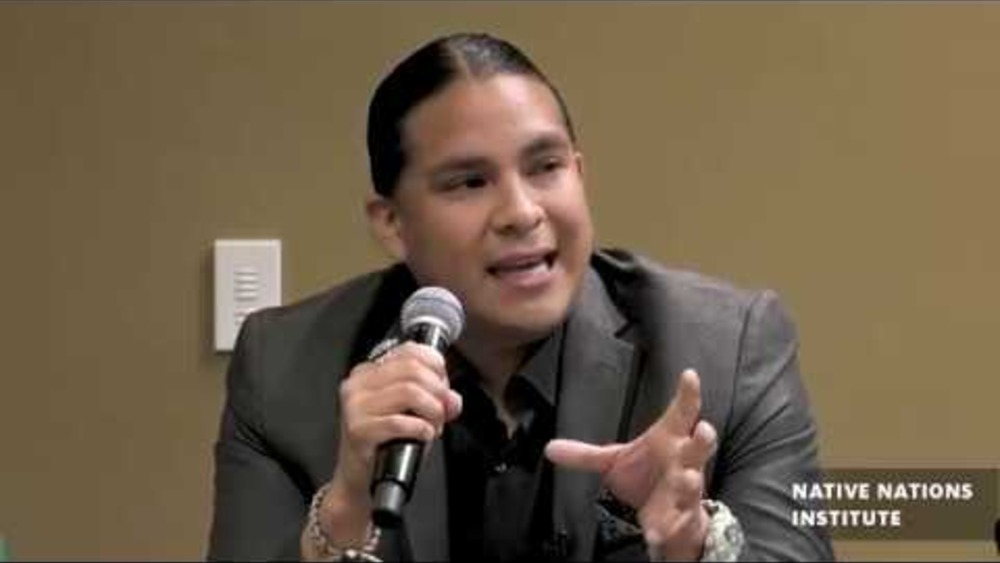
Indigenous Data Sovereignty Panel IDSOV Summit Arizona 2019
Native scholars working to advance the research on indigenous data sovereignty give their perspectives on the issues facing Native communities around data collection and date use. Dr. Jameson D. Lopez (Fort Yuma Quechan (Kwatsáan) Indian Tribe), Carmenlita Chief (Navajo Nation), and Dr. Tennille…
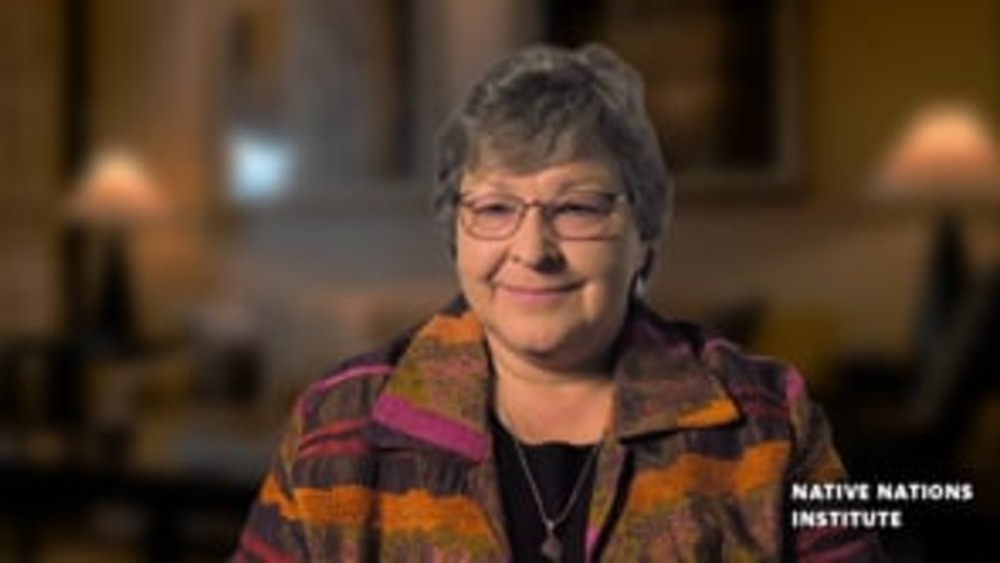
Karen Diver: Native leadership and Indigenous governance
Karen Diver is a former Chairwoman of the Fond du Lac Band of Lake Superior Chippewa and former Vice President of the Minnesota Chippewa tribe, while also served as an adviser to President Obama as his Special Assistant for Native American affairs. Her incredible career as renowned Native…
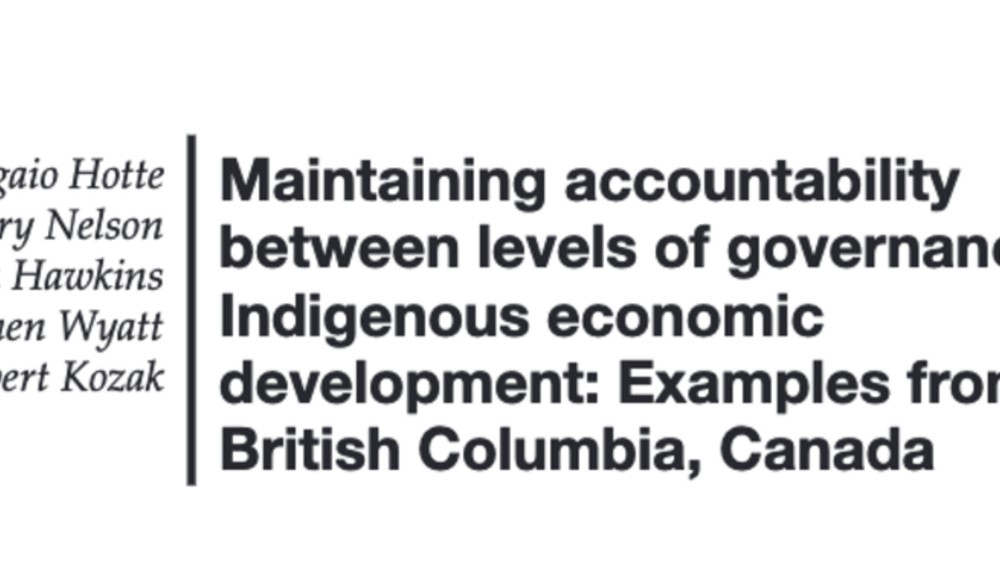
Maintaining accountability between levels of governance in Indigenous economic development: Examples from British Columbia, Canada
Many Indigenous communities in Canada have established economic development corporations (EDCs) to support economic development that meets community goals. Indigenous EDCs, like social enterprises, typically prioritize multiple socio-economic goals and may be used to limit political influence on…
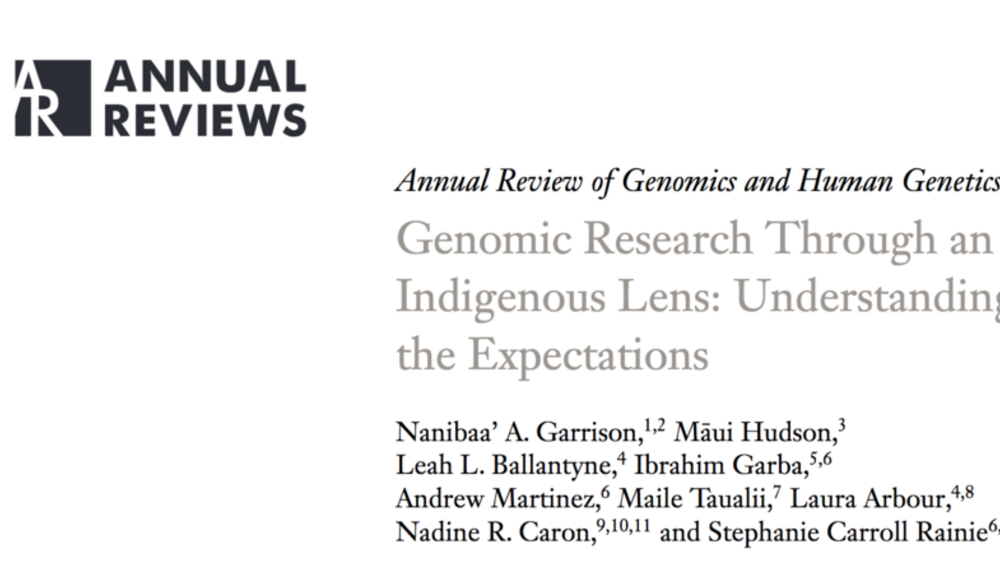
Genomic Research Through an Indigenous Lens: Understanding the Expectations
Indigenous scholars are leading initiatives to improve access to genetic and genomic research and health care based on their unique cultural contexts and within sovereign-based governance models created and accepted by their peoples. In the past, Indigenous peoples’ engagement with genomic research…
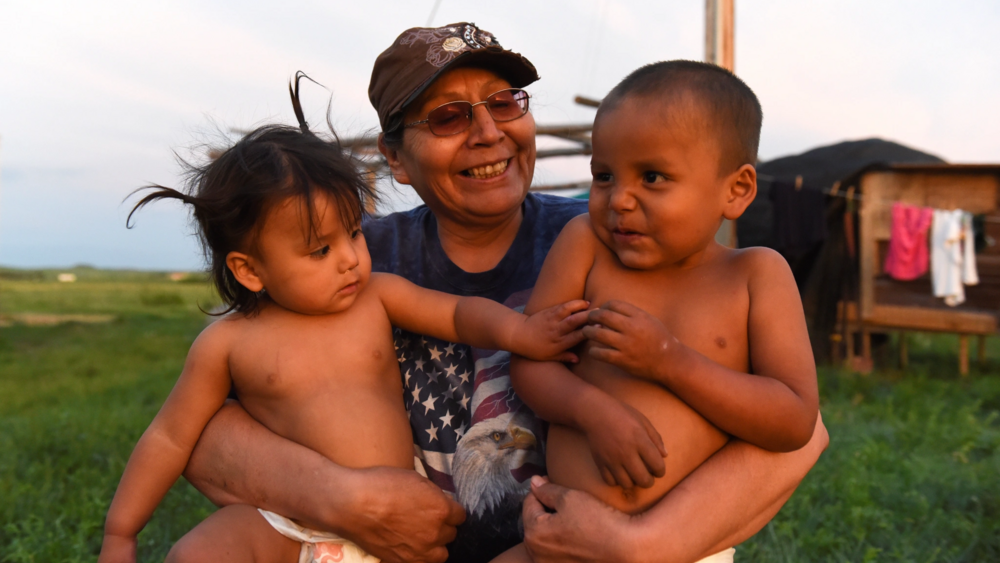
How does measuring poverty and welfare affect American Indian children?
For one group of children in particular, American Indians and Alaska Natives, exceedingly high poverty rates have had profound impacts on community wellbeing and long-term cohesiveness. Given the best available data, from the U.S. Census data, child poverty rates among American Indians and Alaska…
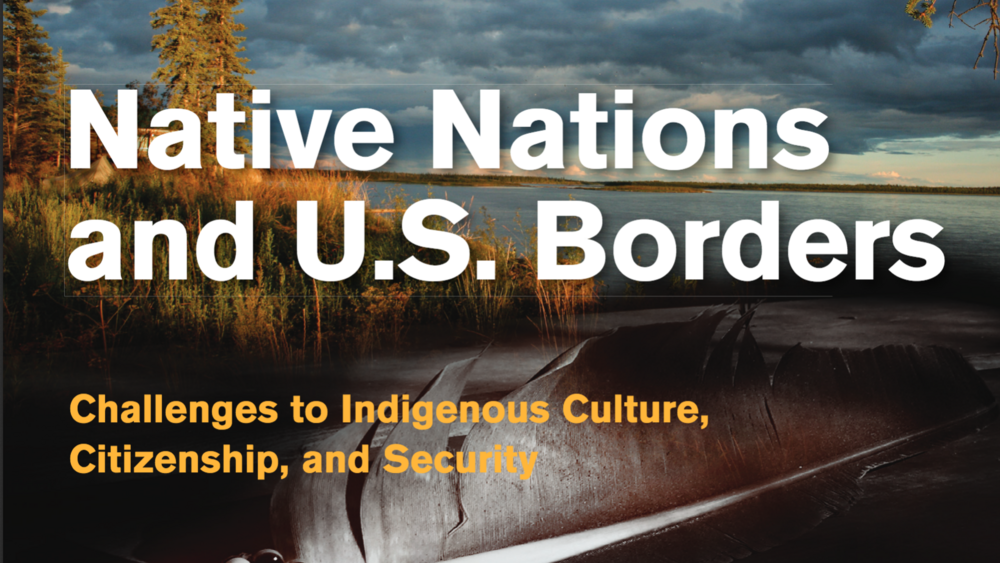
Native Nations and U.S. Borders: Challenges to Indigenous Culture, Citizenship, and Security
A comprehensive review of Native nations along or near the U.S. borders with Mexico, Canada, and Russia response to border-related challenges to citizenship, crossing rights and border security, culture, the environment and natural resources, and public health and safety. This book seeks to inform…
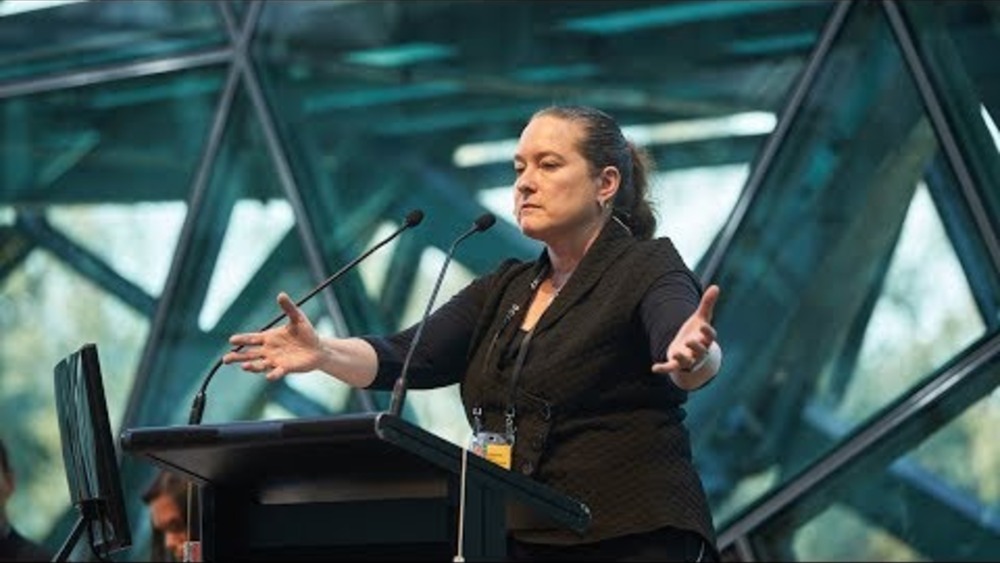
Dr. Miriam Jorgensen: First Nations governance
Dr. Miriam Jorgensen, Research Director for the Native Nations Institute at the University of Arizona, spoke at ANZSOG's Reimagining Public Administration conference on February 20. Dr. Jorgensen said that First Nations governance structures were important for the strength of communities. “Not just…
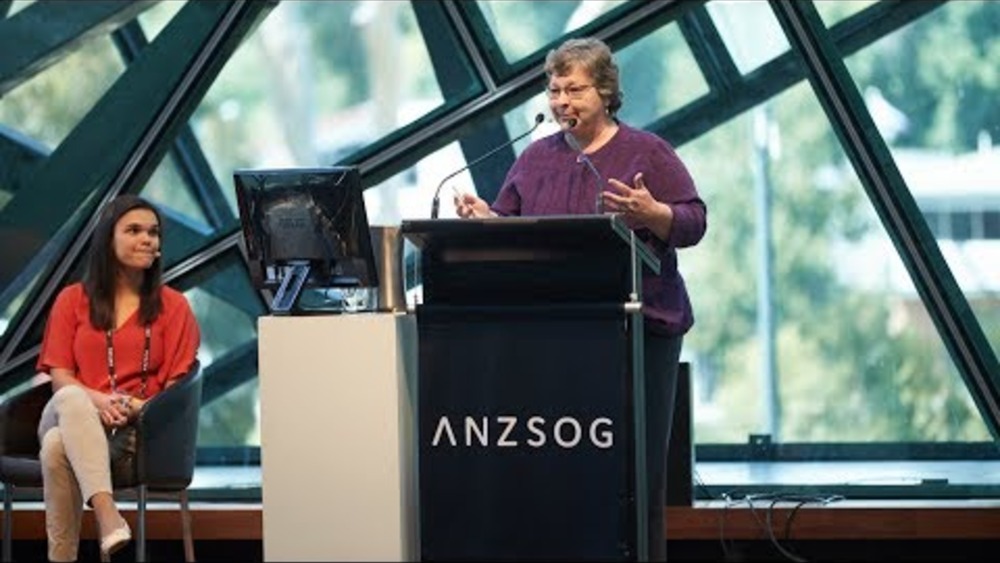
Dr. Karen Diver: Indigenous autonomy is the way forward
Dr. Karen Diver spoke at ANZSOG's Reimagining Public Administration conference on February 20, as part of a plenary on International perspectives on Indigenous affairs. The Native American tribal leader and former adviser to President Obama, said that Indigenous communities had been inexorably…
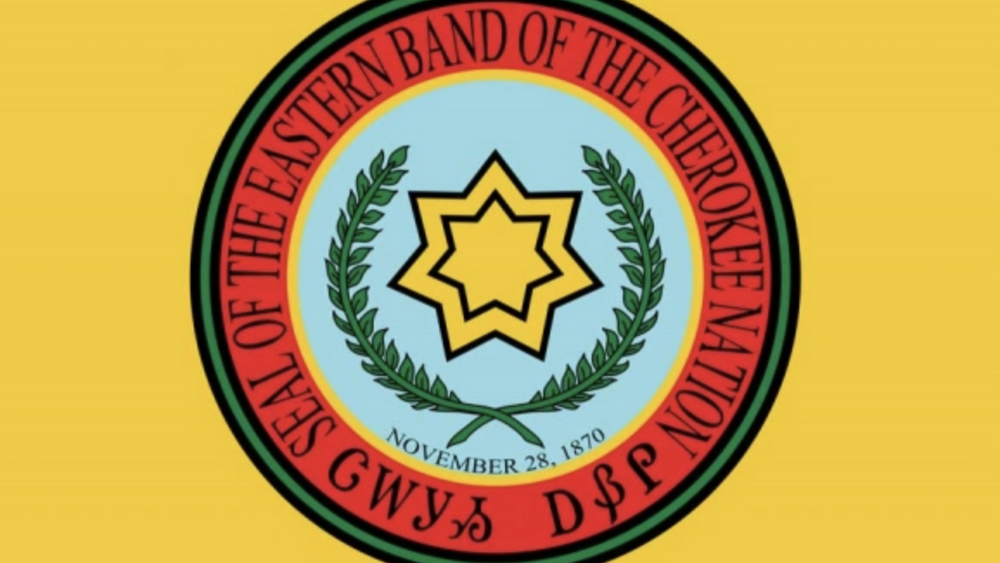
Constitution proposed for Cherokee
Cherokee voters will have the chance to give their nation a long-awaited constitution if Tribal Council approves a referendum question proposed for the September ballot. “Right now we don’t have a constitution. We have a charter, and a charter is for an organization, a corporation or…
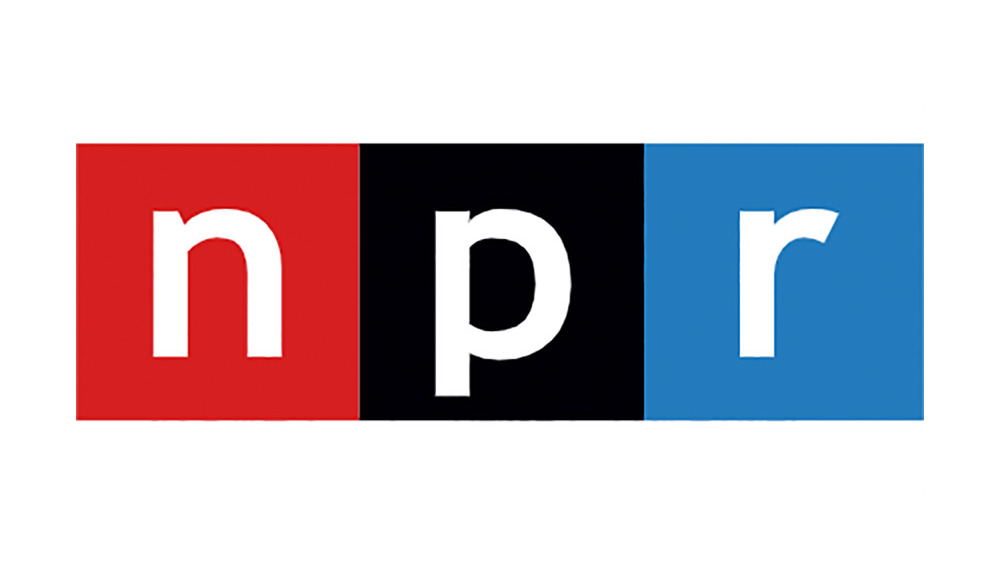
What Makes Someone American Indian?
Who is Native American? It's a complicated question that has tripped up, among others, Massachusetts Senator Elizabeth Warren. The Democratic presidential hopeful recently apologized for identifying American Indian as her race more than 30 years ago. It was around that time that the U.S. census saw…
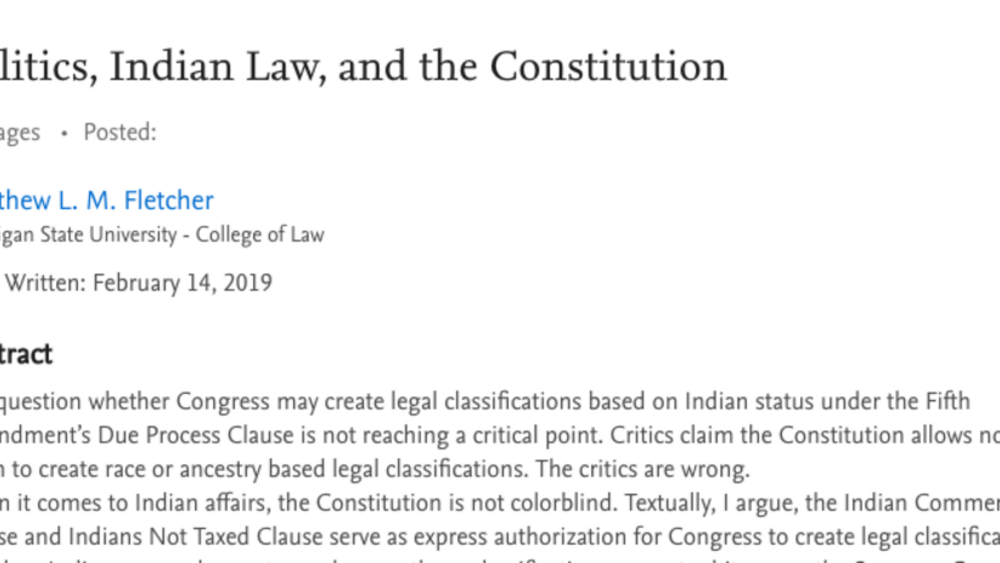
Politics, Indian Law, and the Constitution
The question whether Congress may create legal classifications based on Indian status under the Fifth Amendment’s Due Process Clause is not reaching a critical point. Critics claim the Constitution allows no room to create race or ancestry based legal classifications. The critics are wrong. When it…
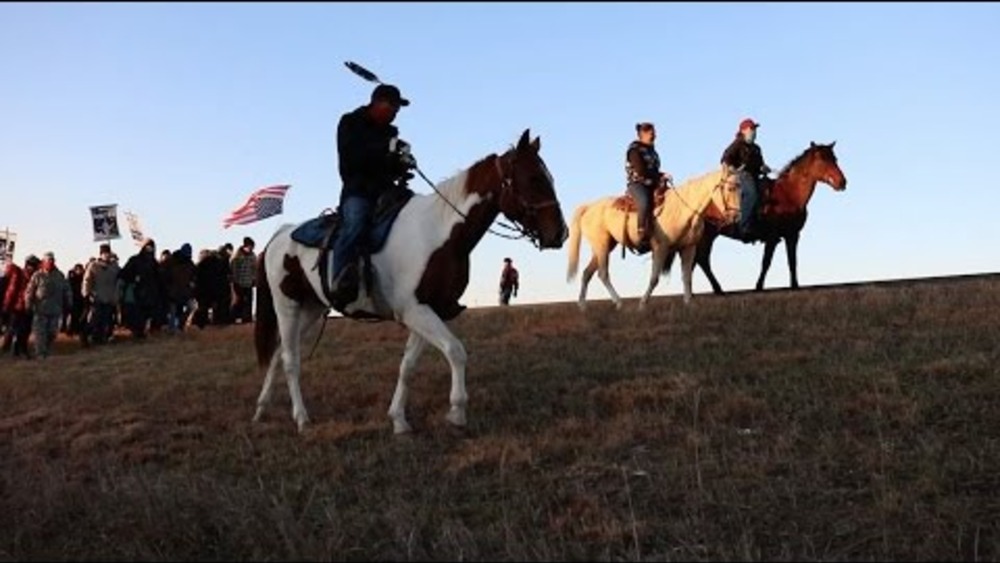
Water is Life video series Part 3 Mni Wiconi
The Native Nations Institute produced a three-part educational video series called, “Water is Life." The video series brings a Native nation building perspective to the conflict over the Dakota Access Pipeline and features interviews with LaDonna Brave Bull Allard, former tribal historic…

Good Data Practices for Indigenous Data Sovereignty
Indigenous Data Sovereignty (IDS) and Indigenous Data Governance are Indigenous-led movements and practices through which Indigenous peoples are setting their own visions for good data regarding data generated and collected by and about them. IDS movements and practices can be seen as a…
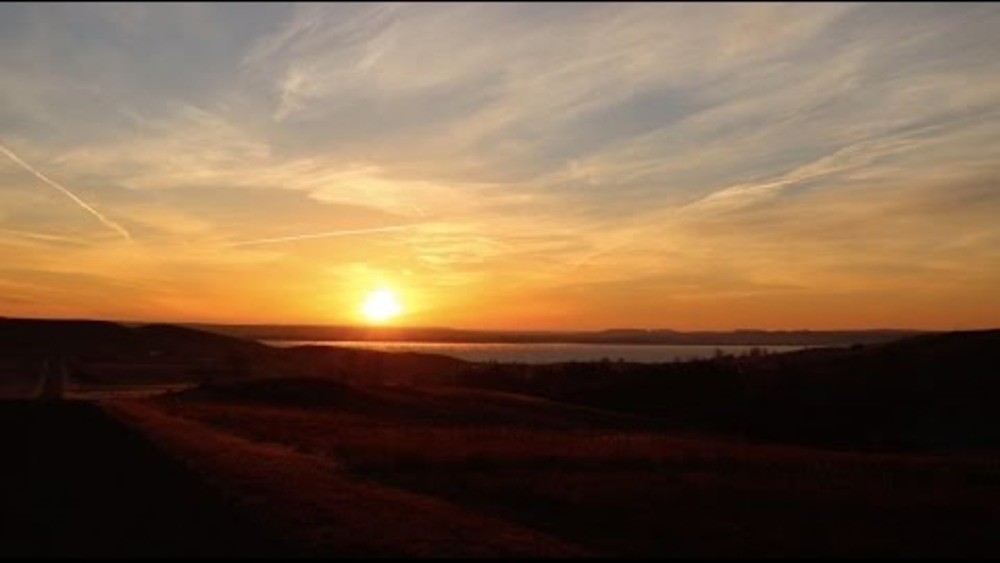
Water is Life video series Part 2 Oceti Sakowin
The Native Nations Institute produced a three-part educational video series called, “Water is Life." The video series brings a Native nation building perspective to the conflict over the Dakota Access Pipeline and features interviews with LaDonna Brave Bull Allard, former tribal historic…
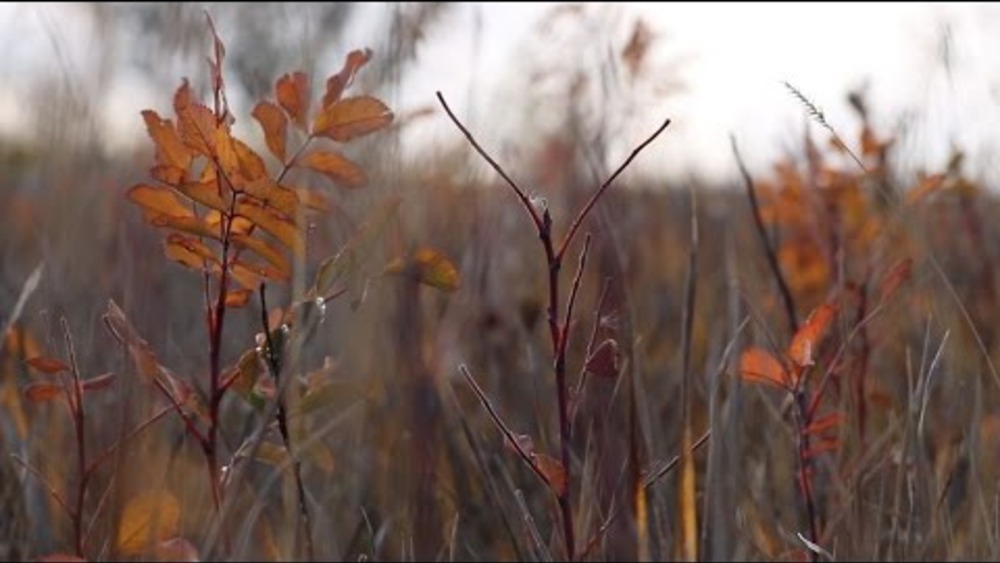
Water is Life video series Part 1 The Lakota and Dakota People
The Native Nations Institute produced a three-part educational video series called, “Water is Life." The video series brings a Native nation building perspective to the conflict over the Dakota Access Pipeline and features interviews with LaDonna Brave Bull Allard, former tribal historic…
Pagination
- First page
- …
- 11
- 12
- 13
- …
- Last page
